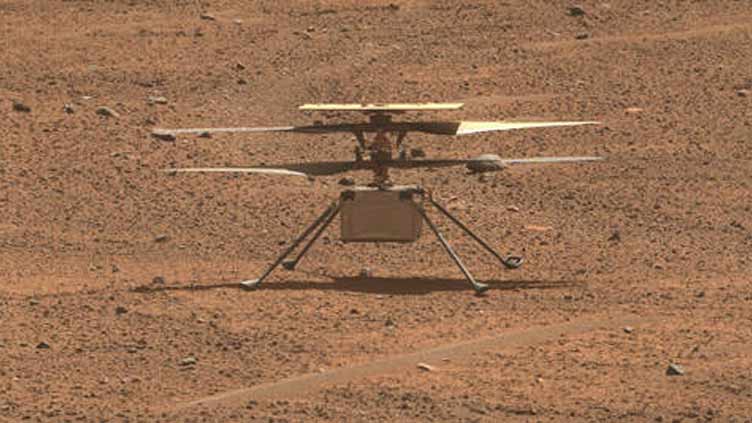Tech
NASA’s Ingenuity Mars Helicopter flies again after unscheduled landing

Tech
A former OpenAI leader says safety has ‘taken a backseat to shiny products’ at the AI company
A former OpenAI leader says safety has ‘taken a backseat to shiny products’ at the AI company
Tech
US, TikTok seek fast-track schedule, ruling by Dec. 6 on potential ban
US, TikTok seek fast-track schedule, ruling by Dec. 6 on potential ban
-

 Sports3 months ago
Sports3 months agoSon and Bissouma ready for Spurs game with Brighton
-

 Sports3 months ago
Sports3 months agoSinisterra signs long-term deal with Bournemouth
-

 Fashion3 months ago
Fashion3 months agoGiorgio Armani catwalk blooms with florals at Milan Fashion Week
-

 World3 months ago
World3 months agoTaiwan ally Tuvalu names Feleti Teo as new prime minister
-

 World3 months ago
World3 months agoTunisia court sentences ex-president Marzouki to 8 years in absentia
-

 Sports2 months ago
Sports2 months agoScaled-back opening ceremony for Paris Olympics to offer 326,000 tickets
-

 Sports2 months ago
Sports2 months agoWorld champion Brecel excited by new ‘golden ball’ format
-

 World3 months ago
World3 months agoUS Coast Guard boards Chinese fishing boats near Kiribati, official says




















